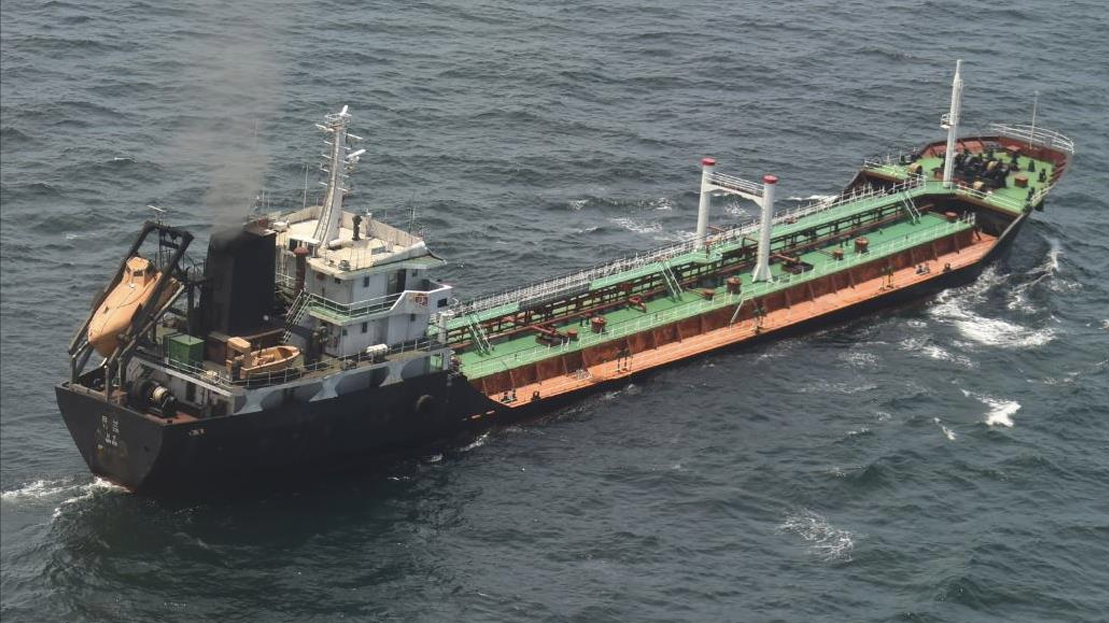A recent report reveals that Russia sold over one million barrels of oil to North Korea, raising significant concerns among world powers. The incident highlights the growing nuclear and economic ties between Moscow and Pyongyang, a relationship that may affect international security and the stability of the global economy.
The Details of the Oil Trade
This shipment of one million barrels of oil to North Korea goes against the UNSC sanctions imposed upon North Korea for its nuclear ambitions. Sanctions have been imposed upon North Korea to reduce its supply of critical resources necessary to fuel its nuclear ambitions. Experts believe this oil flow was achieved through clandestine ship-to-ship transfers to avoid detection.
‘Such transfers not only violate international sanctions but also allow North Korea to continue its economy and military, fueling and enabling its contentious missile and nuclear weapons programs.’
Russia-North Korea Alliance Deepens
‘This revelation comes when there are growing indications that Russia and North Korea’s relations have intensified. Through such diplomatic interactions as the unprecedented visit by North Korean leader Kim Jong-un to Moscow, mutual interests between the two nations have been underlined.’ Russia, it appears, has been in dire need of allies in the wake of heavy sanctions imposed upon it regarding its invasion of Ukraine.
An oil supply is vital for North Korea to maintain its military preparedness and economic functionality. The partnership also opens avenues for technology and army cooperation, which can further destabilize the Korean Peninsula.
International Reactions
The oil shipment has drawn a strong reaction from the West, especially the U.S. and its allies. The U.S. State Department condemned what it termed a “direct affront” to UNSC resolutions by Russia. South Korea and Japan likewise expressed grave concern and urged the international community to take decisive action to prevent violations further.
China’s significant regional power is silent or at least relatively muted. Beijing has long been a proponent of sanctions against North Korea but also has been an advocate for dialogue and stability on the Korean Peninsula. Analysts believe that China’s response will be pivotal to determining the international community’s position on this issue.
Consequences for Global Security
The transfer of oil to North Korea may pose a severe threat to the security of the world. Experts have warned that Pyongyang will hasten weapons programs due to increased access to resources, which may become a greater danger to regional stability. Russia’s apparent readiness to flaunt international norms is setting a bad precedent.
The situation also underscores the limitations of existing sanctions regimes. Despite stringent measures, North Korea continues to find ways to circumvent restrictions, often with the support of powerful allies like Russia.
What’s Next?
This challenge brings a critical task to the international community. The contemplated measures would include enhanced sanctions enforcement, maritime surveillance intensification, and diplomatic pressures against Russia. Still, unified action by the global powers is necessary to ensure such actions become effective.
As the geopolitical map continuously changes, the Russia-North Korea partnership reminds us of the complexity and challenge of creating international order. Everyone will watch how things unfold as the situation will likely affect far beyond the peninsula’s shores.















